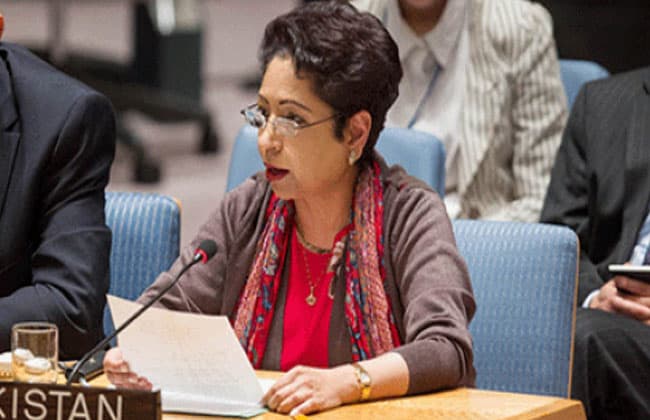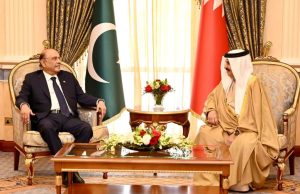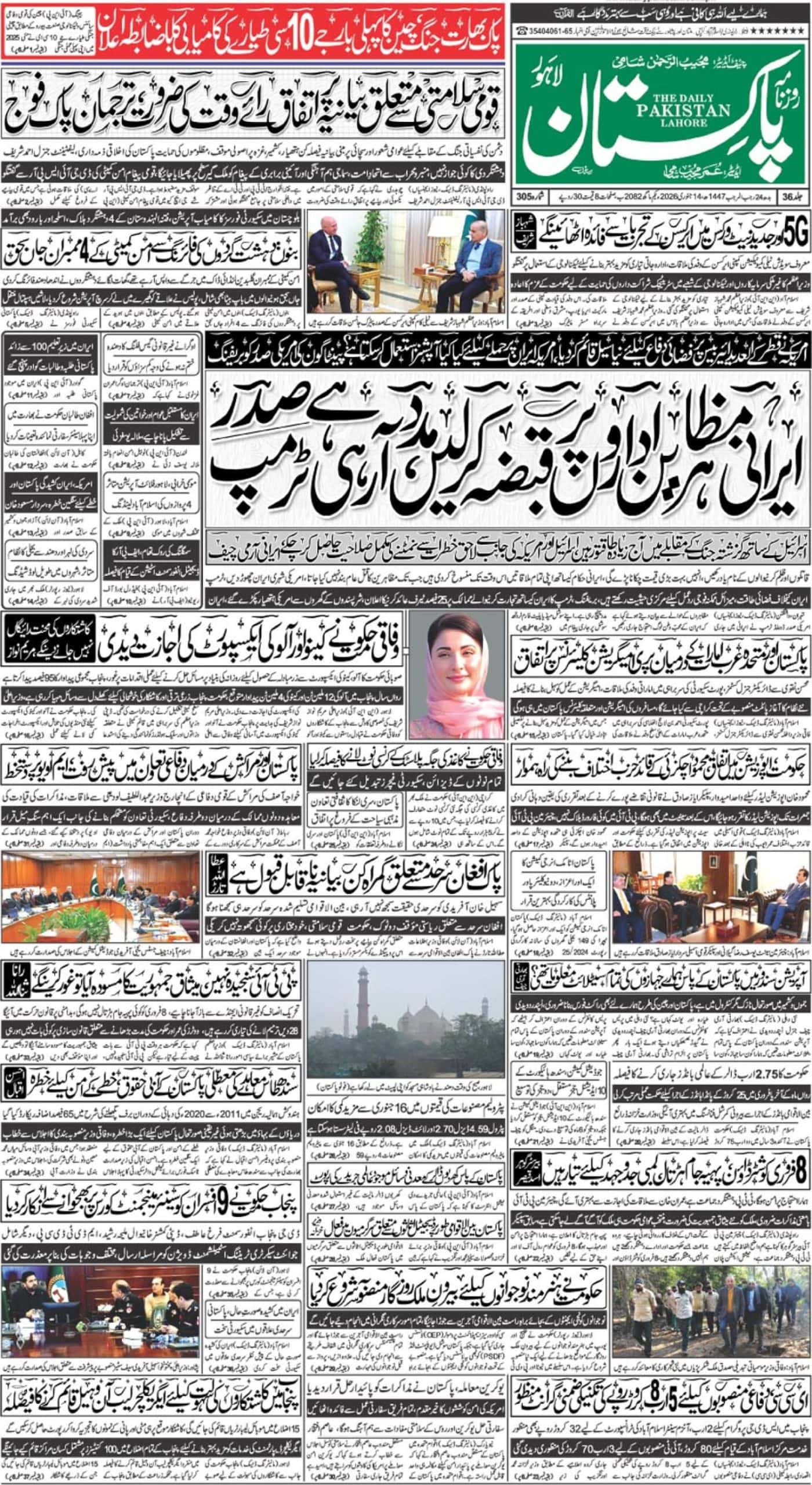UNITED NATIONS (Staff Report) – Pakistan is making “focused efforts” to stamp out violent extremism and terrorism, Ambassador Maleeha Lodhi has told the UN General Assembly, while slamming attempts by unprincipled politicians to build their political fortunes by spreading fear and the deliberate mischaracterization of people of other faiths or cultures.
Speaking in the 193-member Assembly’s debate on the proposed UN Secretary-General’s Plan of Action to Prevent Violent Extremism, the Pakistani envoy regretted that the rising tide in the West of Xenophobia, in particular Islamophobia, had so far gone unchecked.
At the same time, Ambassador Lodhi deplored any attempt to associate violent extremism and terrorism with any country, race, religion, culture or nationality and urged the international community to ensure that this was fully reflected in their national and international actions.
Tabled in December 2015, the proposed action plan recommended that each Member State develop its own national action plan to prevent violent extremism, with a focus on seven priority areas: dialogue and conflict prevention; strengthening good governance; human rights and the rule of law; engaging communities; empowering youth; gender equality and empowering women; education, skill development and employment facilitation; and strategic communications, including through the Internet and social media.
The proposed action plan received mix reviews during the debate. While some delegates agreed on the need to prevent violent extremism, others felt the proposal lacked a deeper and broader look into the root-causes of radicalization.
Opening the debate, General Assembly President Mogens Lykketoft said violent extremism was on the rise across the world, and the pain, fear and destruction it caused presented real and difficult challenges for all the member states.
In that regard, confronting and preventing the phenomenon was fundamental to protecting all societies and people, he emphasized.
In her speech, the Pakistani envoy said that violent extremism was the result of interplay between local and external factors and that “both dimensions have to be addressed by an effective preventive strategy.”
“Economic deprivation, political injustice, social exclusion and marginalization of people need to be addressed not only in the local context but also in the wider international context.”
Ambassador Lodhi argued that injustices done to people under foreign occupation, denial of the right to self-determination, long-festering and unresolved disputes, and interference in the internal affairs of states create conditions that are exploited by violent extremists and terrorists to propagate their twisted ideologies.
“The international community, in particular the United Nations, already has a responsibility to address these issues. Doing so, diligently, will also address the drivers of violent extremism and the conditions conducive to terrorism.”
Pakistan, she said, was gratified to note that the international community is finally acknowledging the need to go beyond security and military centered counterterrorist measures and adopt a more comprehensive approach.
Pakistan has long advocated this so that the underlying factors that drive terrorist violence are addressed in their entirety. But Ambassador Lodhi expressed surprise and dismay at the relatively little attention given by the Secretary-General’s Action Plan to obvious international factors that have so decisively influenced the emergence of violent extremism.
Stressing the need to ensure respect for international law and human rights in counterterrorism measures, the Pakistani envoy assailed foreign military interventions that she said have rendered countries and regions susceptible to the chaos in which violent extremism thrives.
She also criticized so-called surgical counterterrorism strikes, in violation of the territorial integrity of States, which have resulted in thousands of civilian casualties and left entire communities angry and determined to avenge such impunity.
With regard to the Secretary General’s call for National Action Plans to prevent violent extremism, Ambassador Lodhi said Pakistan had taken to curb this threat, at the national, regional and international levels.
She said that eight of the 20 Action Points of Pakistan’s National Action Plan to counter terrorist violence pertain to preventing violent extremism. “We are fully cognizant of our national challenges and are making focused efforts to deal with this scourge.”
The ambassador added, “Unfortunately unprincipled, xenophobic politicians have sought to build their political fortunes by spreading fear and deliberate mischaracterization of people of other faiths or culture. This too fuels the process of radicalization.”
Reiterating Pakistan’s principled position against terrorism in all its forms and manifestations, Ambassador Lodhi assured the country’s support to all efforts aimed at preventing violent extremism and terrorism in a balanced manner, consistent with the purposes and principles of the United Nations.














